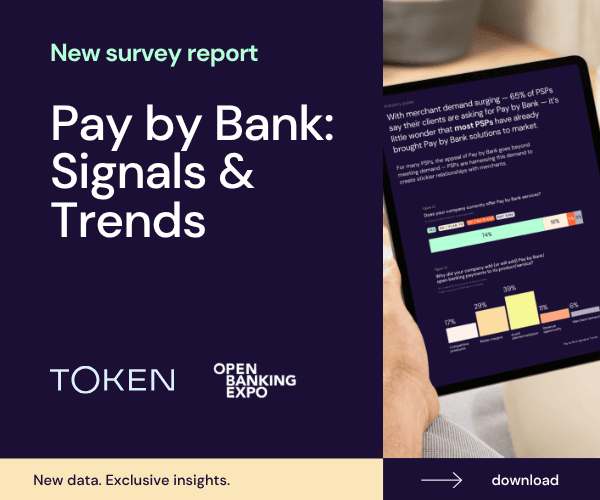
RBS shrinks but turns to Open Banking
Newsdesk | News
04 Dec 2018
“NatWest and RBS have been shrinking,” said Adrian Smyth, head of payment innovation RBS, at an industry event in London last week.
“As a bank we have historically, to be completely fair to us, seen people focus on getting the mandatory compliance aspect through, that’s not lead to a lot for the differentiation, the disruption,” he said.
Smyth was making his comments after the Financial Stability Board (FSB) published its list of global systemically important banks (G-SIBs) for 2018. Both Danish bank Nordea, and the Royal Bank of Scotland were removed from the list, while Groupe BPCE was added.
“We note this decision by the FSB which reflects our progress in building a much simpler, safer UK-focused bank,” said an RBS spokesperson.
In a preamble to the list, the FSB stated that it makes changes to the list which reflect “the effects of changes in the underlying activity of banks.”
According to an RBS annual results for 2017, NatWest Markets had an operating loss of £977m for 2017.
On an analyst call regarding the Q3 2018 results in October of this year, Ross McEwan RBS CEO said the bank had taken “an additional £100m charge in relation to a more uncertain economic outlook and a further net £60m impairment charge in our Irish business in relation to ongoing sales from our loan book to further reduce the level of nonperforming loans.”
He continued: “So it is a balancing act, but I am going to hold high liquidity levels and you can criticise us for our NIM on that basis. I don’t mind. We fell over 10 years ago, and this bank wants to go into whatever happens in a very strong position going forward.”
The FSB’s requires G-SIBs to fulfil certain requirements and report total loss-absorbing capacity, higher capital buffer, resolvability, and higher supervisory expectations.
Investment in the bank’s legacy structure and new infrastructure has not left much room for it to work on its competitive advantage, according to Smyth.
“You’ve got a lot of change through these validating programs which has been implemented in both the legacy structure and new infrastructure as well. That consumes a lot of investment cash, which doesn’t leave a huge amount for that discretionary spend in machine approach.
“We acknowledge that every other bank, and every other third party, and every other fintech, and challenger are in this space as well. The opportunity above compliance becomes the norm, so we have to look at where is the disruption, and the opportunity above the opportunity, and keep going from there.”
For Smyth, Open Banking has provided the necessary push for the bank to adopt new technology, as it tries to shift away from its large cheque cashing function.
“As a bank, if PSD2 hadn’t come forward could I say that we would be looking at APIs, the way we are looking at them now? Probably not. It’s been a great opportunity to get our act together around the technology.
“We as a legacy bank have a lot of customers, big customers who issue cheques, because they don’t have the banking details or the card details of their customer or the individual person they are interacting with. And we have a huge amount of cheques being issued by those customers. We are number one for cashing cheques in the UK, and that is not an accolade we want to shout about too much.”
Source: bobs guide



